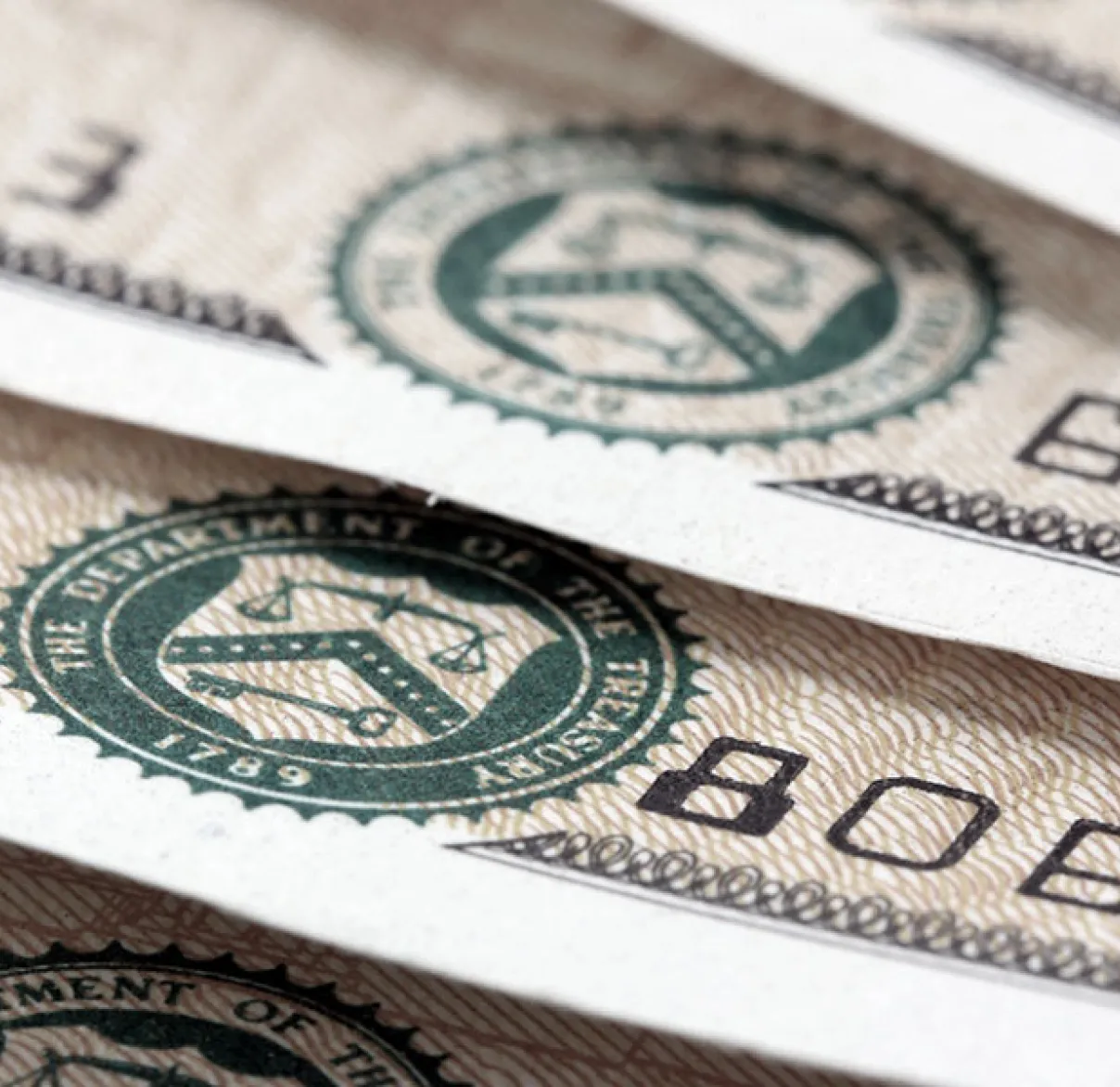From ‘TINA’ to ‘TANIA’…
Head of fixed income Bryn Jones explains why even the most tenacious equity bulls are starting to acknowledge that the era of ‘there is no alternative’ to stocks is finally done.

For years and years, I’ve had to listen to the acronym ‘TINA’ being bandied about. Equity bulls used it as shorthand to promote their view that stocks were the only viable investment option once central banks slashed interest rates and launched huge bond-buying programmes in the wake of the Global Financial Crisis. This emergency policy drove the income yields on many bonds so low that, according to the TINA (‘there is no alternative’) crowd, they were hardly worth bothering with.
These arguments grew louder as more and more bonds began to sport negative yields. Bond yields and prices run in opposite directions so many bonds’ yields dipped below zero as their prices climbed, guaranteeing that any investors holding them to maturity would lose money. By late 2020, the market value of bonds trading with negative yields had reached an eye-watering £14.8 trillion. Gulp!
Hardly surprisingly, my team and I never had any truck with the TINA mantra even when so many bonds sported negative yields. We were adamant that we wouldn’t pile into bonds that could only deliver decent returns if their high prices got higher still. (In the bond world, income returns are fixed, so the only way you can make more money from buying a bond for more than its face value is if someone else pays more for the bond in the future.) It was certainly tough going at times, but we always managed to find bonds that we felt offered decent yields without overloading on risk.
An awful lot has changed in the last year. The advent of sticky and high inflation has forced central banks to call time on ultra-loose monetary policy. As they’ve hiked rates aggressively and ended their bond-buying programmes, this has driven a huge reset in bond yields and prices.
Higher rates and high inflation eat into bonds’ fixed returns so their prices fell very steeply last year, while their yields have been on a tear, making their biggest annual gains in decades. For example, 10-year US Treasury yields have almost doubled in the past year to around 3.5%, while the 10-year Gilt yield is hovering around 3.3% compared with 1.1% a year ago. And the yield on 10-year German Bunds is up from below zero to around 2.2%.
Earlier this month it was announced that this reset means that sub-zero-yielding debt has basically disappeared. A Bloomberg index that tracks the world’s stock of negative-yielding bonds fell to zero for the first time since 2010.
A “sea change” in fixed income?
As government bond yields have soared, credit spreads – the extra yield (or spread) that corporate debt offers relative to government bonds for taking on default risks – have blown out. At the start of last year, the iTraxx European Crossover Index, which measures this spread, stood at 242 basis points (bps). It’s now around 420bps. Investors are being much better rewarded for bearing credit risk than they have for many years.
Broad indices of sterling investment grade credit now yield well over 5%, compared with just over 2% at the start of 2022 and 3.4% on average since 2010. This means corporate bonds at the higher end of the credit quality spectrum can now offer investors a way to achieve their long-term return objectives through income alone. And, of course, now that corporate bond yields are much juicier, they provide a more solid buffer against any potential price volatility.
This is a big shift. Celebrated investor Howard Marks, who founded Oaktree Capital Management, is calling it a “sea change”. He thinks that credit’s potential to deliver “solid returns” means that investors no longer need to rely as much on “riskier instruments”, in other words, equities, to achieve their “overall return targets.”
Hurrah! It seems like more and more investors are now prepared to look beyond stocks and find that in fact ‘there are now investment alternatives’. We’ve shifted from TINA to TANIA…
